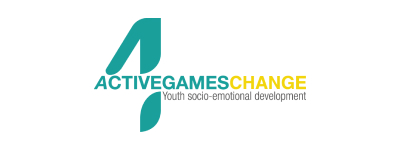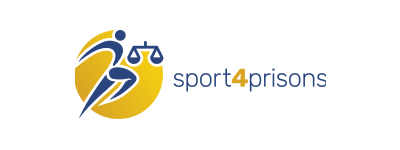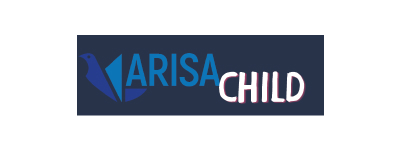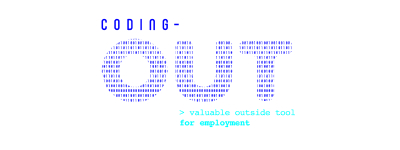
Active Games 4Change
Sport and physical activity learning environment for citizenship, emotional, social and e-competences training

New sports method for prisons as a tool to support competency development, positive values, and reintegration
Timeframe
01/01/2025 – 31/12/2027 (36 months)
Get in touch


To develop and implement a new and innovative sports method as a tool for the rehabilitation of incarcerated persons- Addressing common needs and priorities in the
fields of education, training, youth and sports.
Increased quality of the activities and practices of organisations and institutions working with individuals in custody.
Building capacity of organisations to work transnationally and across sectors.
Enabling transformation and change (at individual, organisational or sectoral level), leading to improvements and new approaches.
A multi-national study defining the key competencies of prisoners for reintegration and socialisation, as well as the currently available methods for developing the key competencies of incarcerated persons.
A new competency observation and assessment method for prison settings.
A new sports method to improve key competencies, including a trainer’s guide book and introductory implementation video.
An evaluation study on the implementation of the sports-based competency development programme.
Recommendations for policy reform on national and EU levels for sustainable implementation of sports-based competency programmes in prisons.

Sport and physical activity learning environment for citizenship, emotional, social and e-competences training

Assessing the Risk of Isolation of Sentenced and Accused: Enhancing the Capacity of Correctional Services to Work with Convicted Children

Cross-sectoral awareness building on mental health needs in the criminal justice system and on release

European Arrest Warrant

Blended Learning Environment for European Prisoners

Bringing Safety on the Roads

Coding in prison as a valuable OUTside tool for employment

Taking Further Prisoners’ Education Projects in Using Dialogue as Preparing for Release

European Interaction Guidelines for Education Professionals when working with Children in Juvenile Justice Contexts